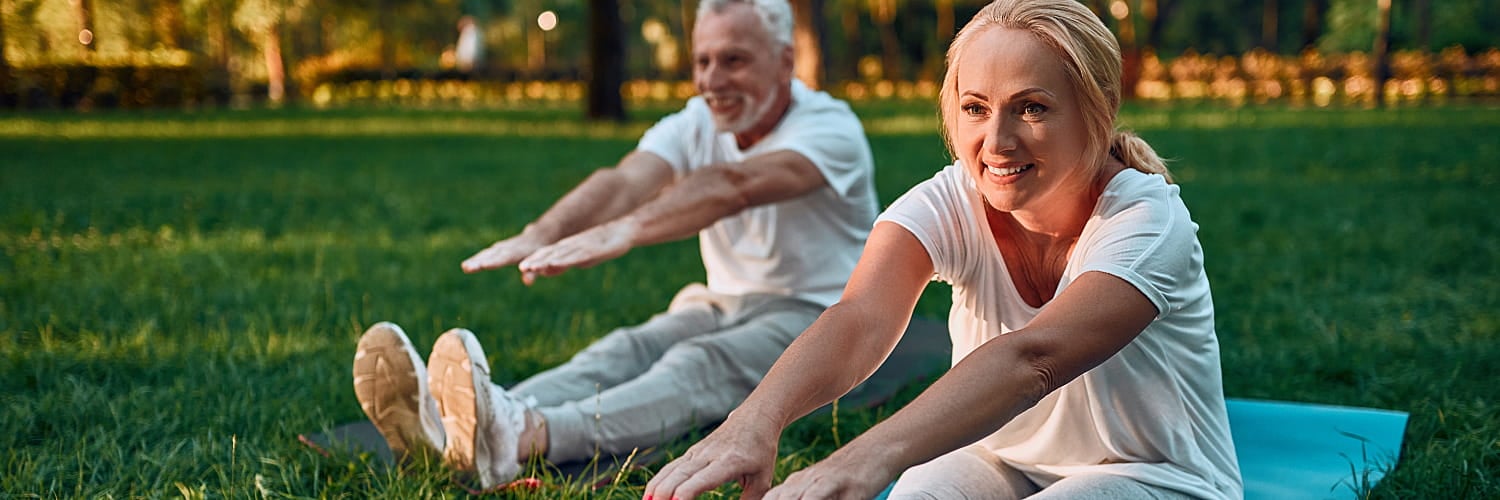Nutrition and exercise go hand in hand — to put together the wellness puzzle and embrace a healthy lifestyle, you need to focus on both. By balancing nutrition and exercise, you can set yourself up for a long, healthy retirement.
Even if you've maintained healthy habits over the years, you might need to rethink your old routines when you retire. Our bodies change as we age. You might lose a little strength or flexibility, or you might put on a little weight. These are common signs of aging, but you can take control of your well-being by establishing healthy nutrition and exercise patterns that will keep you active for decades to come.
Check In on Your Diet
You likely already know that a balanced diet provides many benefits. It helps you maintain a healthy weight, for one, and it can help ward off high blood pressure. Even if you ate healthy before retirement, this new chapter could radically shake up your routines. You might eat fruits and vegetables less often without the structure of your old routine.
Make sure that your diet is meeting your nutritional needs. Decrease your sodium intake if you need to — for example, by seasoning food with herbs instead of salt and snacking on fresh foods and whole grains instead of packaged treats. You might also want to discuss vitamins and supplements with your doctor. A daily vitamin can help you get the key nutrients you need for physical and mental longevity as you age.
Find Fun Ways to Move
Being active doesn't have to mean hitting the gym. The best exercise routine is the one you can commit to, whether you prefer a morning walk, a group fitness class, swimming laps or time in the garden.
Start dabbling in different activities to stay active. Find a fitness class at your local rec center, park, YMCA, senior center or gym. If you prefer the fresh air, explore a nearby trail by foot or on a bike.
Having a workout buddy can help you stay motivated and committed to your physical fitness, so keep yourself accountable by making exercise a social activity. (Just remember face masks and to keep a safe distance when you're in a group.) Group fitness classes can be a great way to meet new people, and many classes are now available online. Or recruit a friend to join you on a walk, hike or bike ride.
Think Beyond the Physical
Your wellness goes beyond your eating and exercise habits. Get a good night's sleep and keep your brain engaged so you can stay sharp. Taking up a new hobby or getting back into an old pastime is another excellent way to stay mentally and socially engaged.
Some people find that the transition into retirement makes them restless, anxious or depressed. Volunteering is one way to stay connected with your community while also giving you a strong sense of purpose.
If you're struggling to adjust to retired life, contact your doctor or a mental health professional. Depression is treatable, and you don't need to go through it alone. Your doctor can prescribe a treatment plan that fits your needs.
With these tips, you'll get a great start on a healthy retirement that keeps your mind, body and soul feeling strong and fulfilled.


 Lauren Sieben
Lauren Sieben










